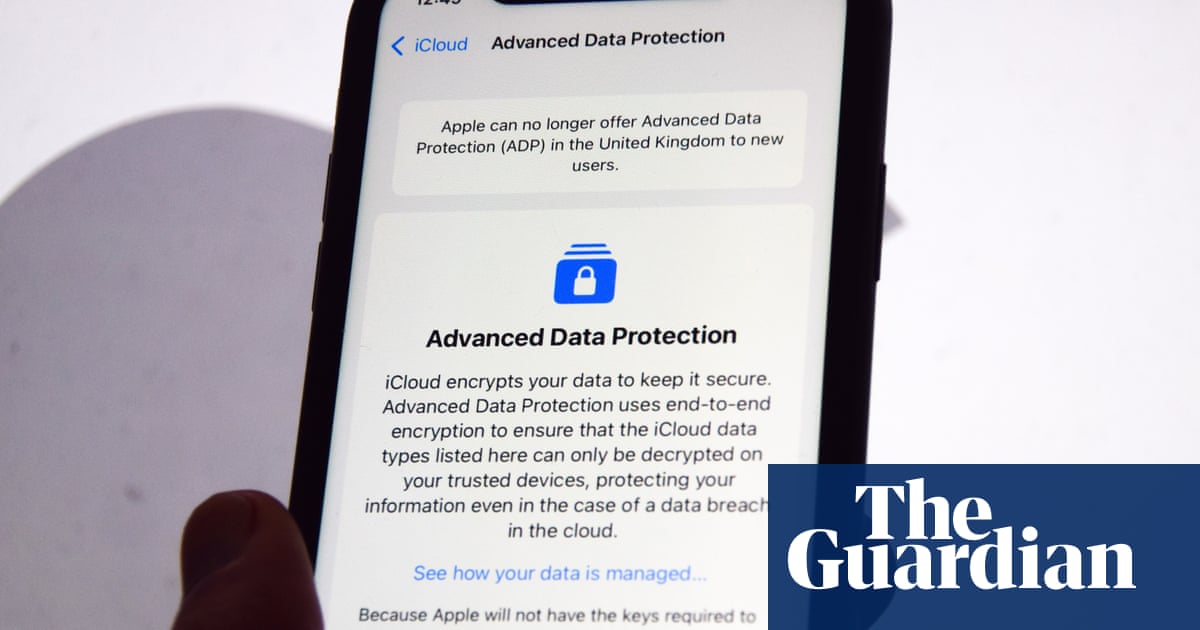Photo credit: www.theguardian.com
A closed-door hearing regarding Apple’s ongoing legal dispute with the UK government concerning customer data access took place on Friday, as media representatives were unable to attend the session.
The American tech giant is appealing a decision rendered by the investigatory powers tribunal, prompted by a request from the Home Office for access to encrypted data stored on Apple’s cloud servers.
Prominent UK media outlets, including the Guardian, BBC, Financial Times, and Computer Weekly, submitted a request to the tribunal for press access, citing public interest, but were denied entry.
Sir James Eadie KC, representing the government in significant legal cases, was observed entering the Royal Courts of Justice on Friday for the hearing.
At the center of this legal battle is a technology capability notice issued under the Investigatory Powers Act. This law compels companies to assist law enforcement in gathering evidence, and it specifically requested access to Apple’s Advanced Data Protection (ADP) service, which encrypts user data stored offsite.
Apple has contested this notice, asserting that it will not comply, and has escalated the matter within the tribunal system, which evaluates whether intelligence operations are conducted unlawfully. The company also discontinued the ADP service in the UK last month, reinforcing its policy against creating backdoors for its products, stating, “We have never built a backdoor or master key to any of our products or services and we never will.”
The ADP service employs end-to-end encryption, ensuring that only the user has the authority to decrypt their files. Existing messaging applications, such as iMessage and FaceTime, also default to this level of encryption.
The government’s legal demand is formally characterized as a technical capability notice (TCN), which prohibits recipients from disclosing the existence of such a notice without explicit authorization from the Home Secretary. While the tribunal’s guidelines suggest that public hearings should be reserved for instances deemed “strictly necessary,” they also state that any disclosure that could harm national security is restricted.
On the eve of the hearing, a bipartisan group of lawmakers in the United States urged the tribunal to make the proceedings public, arguing against the secrecy surrounding the order.
Reports from Bloomberg indicated that UK officials have engaged in discussions with their counterparts in the US about the order. The UK government reportedly reassured US officials that it is not seeking broad access to data, but rather information pertinent to serious criminal cases, such as terrorism and child exploitation.
Requests for comments from the Home Office are pending.
Source
www.theguardian.com

